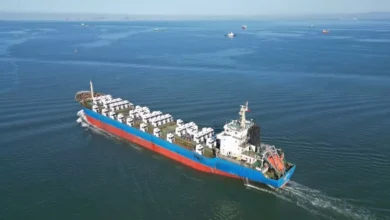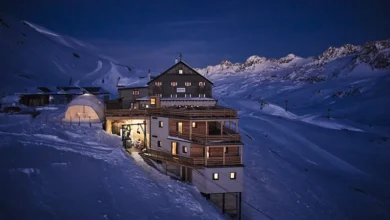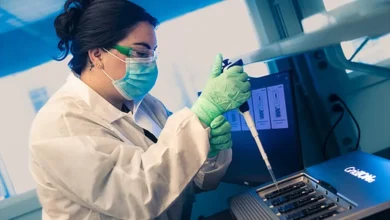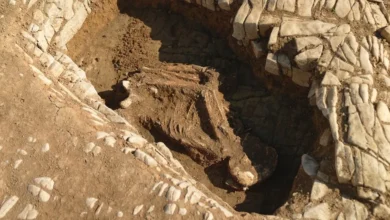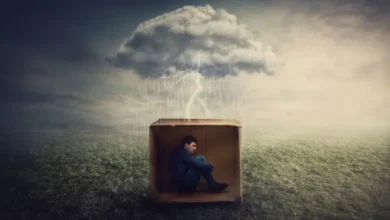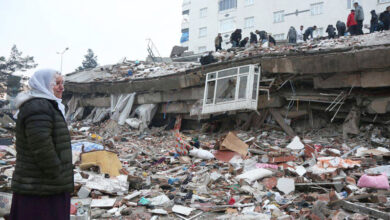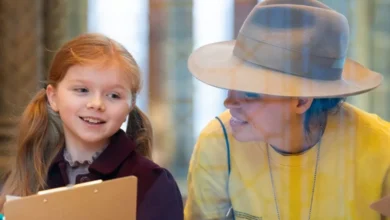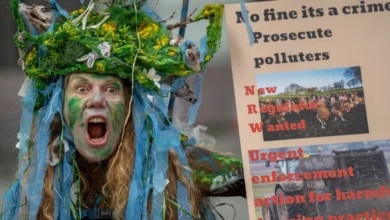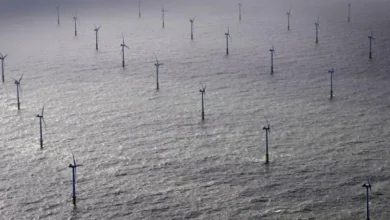‘He never hesitated’: Samer Abudaqa – father, friend, fearless photographer
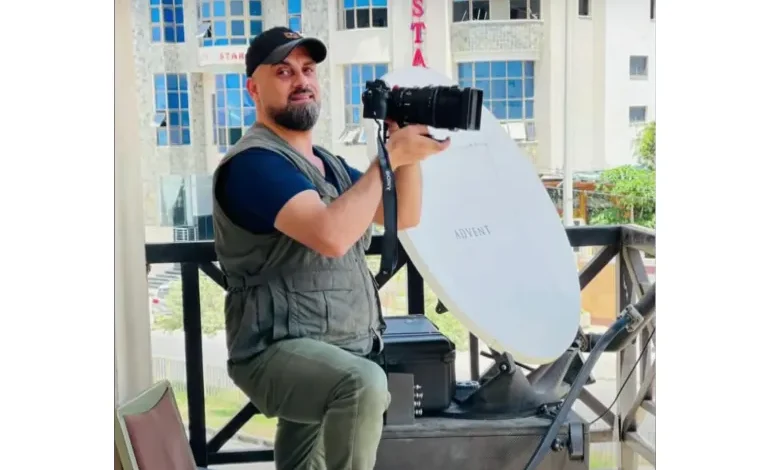
When 15-year-old Zain Abudaqa spoke to his father by telephone on December 15, he had no idea it was the last time he would ever hear his voice.
“He told me to nurture my talents and never to give up on my dreams. He told me to be a good son,” Zain said. “I cannot believe he is gone and left us alone like this.”
Samer Abudaqa was 46 when he was killed in an Israeli air raid on Khan Younis in Gaza on December 15. A photojournalist and cameraman who was born and raised in the town of Abasan al-Kabira, east of Khan Younis, he joined Al Jazeera Arabic in 2002.
Abudaqa sent his wife and four children to live in Belgium three years ago and managed to visit them there only twice – most recently three months ago when he brought roses home, his favourite way to express his love for his family. He had hoped to bring them back to Gaza to live together again once it was safe enough to do so.
Zain, who is Abudaqa’s middle son, has a particular talent for singing and was being encouraged by his father to develop it – part of the reason his father was so eager for the family to move to Belgium where Zain would have more opportunity to do so.
“For three years, we have been in Belgium, away from my father,” Zain said. “We were waiting for him to come back to us again during the war. We asked him to leave Gaza during the war because we were so afraid for him.”
Zain was at school when he received the news that his father had been injured alongside his colleague, Wael Dahdouh, Al Jazeera’s Gaza bureau chief, who lost several members of his family, including his wife, two of his children and one grandson, to the Israeli bombardment in November.
“I asked [school] to allow me to return home so that I could be with my mother, sister and brothers. [For] six hours straight, we waited for news about my father despite the internet and communication blackouts in Gaza. I had hope that he would live.”
That hope was ultimately dashed when, later that night, it was confirmed that Abudaqa had bled to death from his injuries following Israel’s attack while he and Dahdouh were reporting at Farhana school in Khan Younis. Medical teams were able to reach Dahdouh and take him to hospital, but they were blocked from Abudaqa’s location. When they finally reached him, hours later, it was already too late.
Despite the danger, ‘he never hesitated’
Even though his family was safely overseas, Abudaqa insisted on staying in Gaza to cover the war.
On the day he died, Abudaqa went with Dahdouh to film a report at the Farhana school east of Khan Younis. Despite the area being known to be particularly dangerous, Abudaqa did not hesitate, said Dahdouh.
“Samer was a very spontaneous and generous person who loved his work very much. He always gave priority to his work – sometimes over his family.
“He woke up early and prepared the equipment to go out with me to film despite my hesitation about this task due to the seriousness of the situation there.”
Accompanied by a Palestinian Civil Defence unit, the pair spent two and a half hours filming at the site before they began preparing to leave. “The mission was over,” said Dahdouh. “But when we left, we were directly targeted with a reconnaissance missile. It killed three members of the Civil Defence, and I was injured.”
Dahdouh was knocked unconscious while Abudaqa was struck in the stomach and abdomen so severely he was unable to move the lower part of his body. “I tried to be strong and was able to move with difficulty,” Dahouh recalled. “I could not hear well. I tried to take cover from any more missiles, which I expected would fall, and when I saw my hand was bleeding a lot, I tried to crawl.
“I headed towards the ambulance, which was a few hundred metres away from us, and when I reached them with difficulty, I asked them to return to save Samer. They told me that it was difficult because of the debris [blocking the path], and they said that they would tend to me and then return to Samer.”
It took hours of coordination with different parties for them to be able to do that, however. The Red Crescent ambulance crew had to request a Red Cross vehicle to help so that they would not be targeted by Israeli soldiers.
When they finally reached Abudaqa, it became clear that his press jacket had come off him in the blast. He had tried to crawl away but had been injured again while doing so.
Dahdouh said he was not surprised at all by the bravery Abudaqa displayed that day.
“I have many stories and moments that I lived with Samer. Many times, we could have died together in different places in the northern Gaza Strip. He considered me his brother. Our relationship was special – he was a generous and giving person.”
‘Who else will this war take?’
“His catchphrase was ‘Ready!’,” recalled Hisham Zaqout, Al Jazeera correspondent and colleague of Abudaqa, who joined the organisation in 2009.
“He never refused a request from anyone. When he obtained a visa to travel to Belgium to see his family, he slaughtered two sheep for us and brought sweets as if it were a wedding.”
Zaqout added, “Samer was one of the most committed to his work. He insisted on editing his stories without anyone rushing him. That’s why I used to leave him alone until the story was ready.
When Dahdouh and Abudaqa were struck, he said, he was reporting from Al-Aqsa Martyrs Hospital in Deir el-Balah. He appealed on air during a live broadcast for an ambulance to be sent for Abudaqa.
“I spent more time with Samer than I spent with my family,” said Heba Akila, another correspondent for Al Jazeera. “Long moments of work, moments of success, and continuous coverage of all these events brought us together. I cannot believe that Samer is gone. I cannot believe that we no longer have him with us. We do not know who else this war will take.”
As it is, in just two and a half months, Israel’s war on Gaza has killed at least 100 journalists. Dahdouh pointed out that 60 journalists died during the Vietnam War, which lasted for nearly 20 years.
“Journalists will continue their work to report events on the ground, and this is what we have done,” Dahdouh said. “This is the strongest way we can respond to the war. This is what Samer died for.”
The day before he died, Abudaqa visited his mother, Maher, in Khan Younis. “He came to check on me,” she said, holding back tears. “I was preparing breakfast and I asked him to stay with us to eat. But he could never be away from his colleagues for long – he loved his family and friends and could never leave Gaza.
